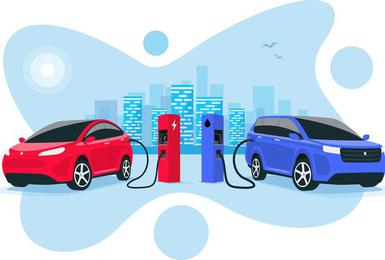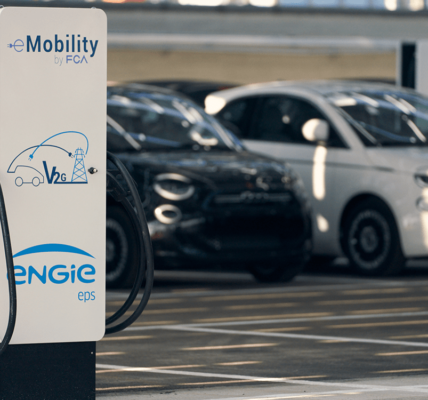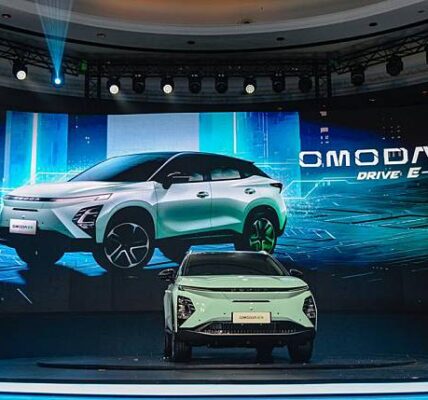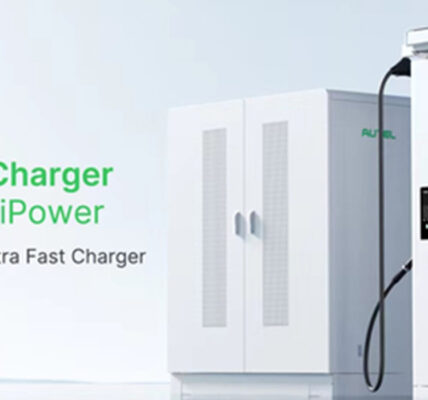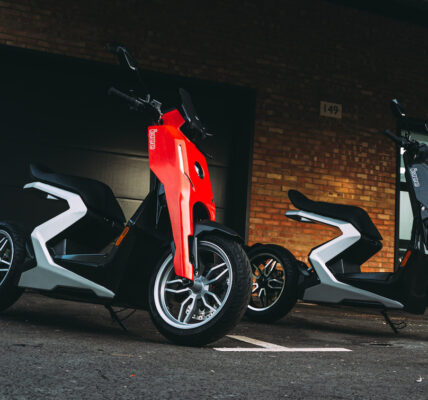The European Union announces measures that effectively ban the sale of new internal-combustion-engine passenger vehicles and light-commercial vehicles across the 27-nation bloc from 2035.
In an agreement between members of the European Parliament, European Commission and negotiators from European Union member states, automakers must achieve a 100% cut in CO2 emissions across Europe by 2035. That makes the sale of internal-combustion vehicles powered by gasoline and diesel fuel illegal beyond this date.
The European Union announces measures that effectively ban the sale of new internal-combustion-engine passenger vehicles and light-commercial vehicles across the 27-nation bloc from 2035.
In an agreement between members of the European Parliament, European Commission and negotiators from European Union member states, automakers must achieve a 100% cut in CO2 emissions across Europe by 2035. That makes the sale of internal-combustion vehicles powered by gasoline and diesel fuel illegal beyond this date.
Hybrid-electric and plug-in hybrid electric vehicles, which also use gasoline, would be banned as well.
The agreement includes a so-called “Ferrari clause” exempting smaller automakers that produce between 1,000 and 10,000 ICE passenger cars or 22,000 vans per year until the end of 2035, according to the EU.
Low-volume automakers producing fewer than 1,000 passenger vehicles and LCVs per year are exempt from the new measures for the foreseeable future.
The laws to be enacted by the EU include a 55% cut in CO2 emissions from 2021 levels for new ICE passenger and light-commercial vehicles sold from 2030, much higher than the existing 2030 target of a 37.5% reduction.
The agreement is expected to accelerate the move to battery-electric passenger vehicles and LCVs throughout Europe. Non-EU countries phasing out ICEs include the U.K., which plans to do so by 2030.
In anticipation of the new law, Europe’s largest automaker, Volkswagen, announced it will cease producing combustion-engine vehicles between 2033 and 2035. French luxury brand DS aims to go all-electric by 2024, followed by Stellantis brands Fiat and Alfa Romeo in 2027. Ford Europe, Mini, Volvo, Renault and other Stellantis marques intend to discontinue ICE technology by 2030.
The EU’s executive vice president, Frans Timmermans, says the agreement sends a strong signal to industry and consumers: “Europe is embracing the shift to zero-emission mobility.”
The measures form the first agreement of the European Union’s “Fit for 55” package, a legislative proposal established in 2021 that set emissions targets for both 2030 and 2050.
They come after extensive lobbying by BMW CEO Oliver Zipse, who also heads the European Automobile Manufacturers’ Assn. Zipse has said the EU should introduce policies that support the public in the switch away from ICE vehicles.
“We are now keen to see the framework conditions which are essential to meet this target reflected in EU policies. These include an abundance of renewable energy, a seamless private and public charging infrastructure network and access to raw materials,” Zipse says.
The EU says a report will be published by the end of 2025, and every two years following, to “evaluate progress towards zero-emission mobility.” The report will address the effects of the ban on consumers and auto-industry employees.
Stellantis CEO Carlos Tavares told CNBC earlier this month it was “clear that the decision to ban pure ICEs is a purely dogmatic decision.
“I think there is the possibility – and the need – for a more pragmatic approach to manage the transition,” Tavares said at the Paris auto show.


